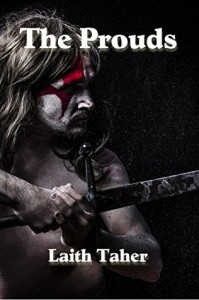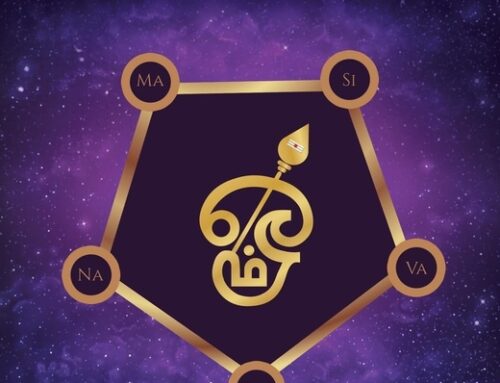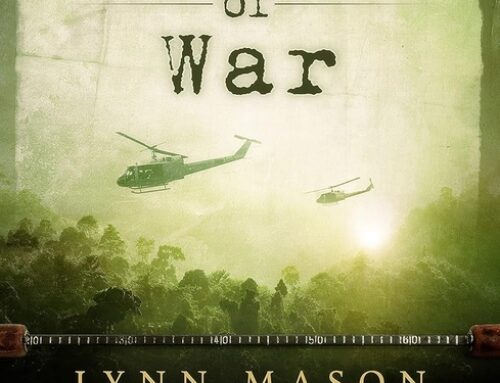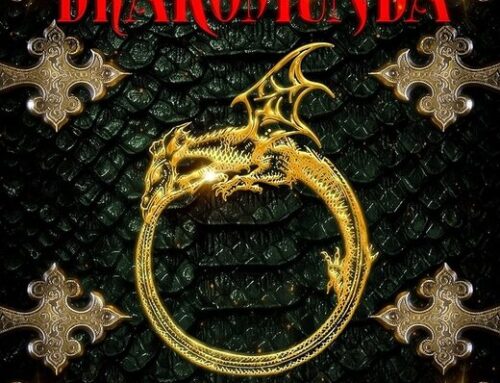★★★½ 
Fantasy literature is in a Renaissance at the moment, and many new authors from around the world are doing their best to tap into this resurgent realm and engage that readership. In The Prouds by Laith Taher, readers are welcomed into a vaguely recognizable world of power struggles and royal conflicts that we see so often in fantasy sagas. The plot is about as straightforward as it can get in the fantasy realm, possibly revealing the fact that the author is making more of a philosophical statement than a literary one.
Following an epic battle between Jarvis and King Matthew, as well as their respective forces, the real story begins. As a tribe, the Prouds have always resisted bending the knee to the king, and have remained in solidarity for generations. Jarvis, the heroic figure of this story, must lead his people to not only conquer the greatest outside threat they have ever known, but also the internal battle that threatens to tear them apart.
While there aren’t any heavy-handed allusions or indications of this, many of the discussions and issues addressed in this novel are applicable to modern politics and nationalism. As an Arab author, Taher has unique insight into the concept of power and control, and perhaps even the desire to resist or rebel. This potential leaning makes the story powerful, if one is willing to dig deep enough into it, despite some of the weaker elements of the storytelling itself.
The writing lacks maturity or complexity in many instances, which is frustrating for readers looking for a fantasy environment, as well as a higher caliber of fantasy writing. For example, early on in the book, author Laith Taher states, “King Matthew was born. His father, King Kendrick, was feared by everyone in his kingdom and around it, the same way prey feared lions.” This sort of simplistic writing style pervades much of the novel, making readers wonder whether the author is intentionally keeping the prose at a basic reading level to mimic the “primitive” nature of the setting and characters. If that is the case, it may be a mistake, as the basic metaphors, straightforward sentence structure, and declarative style leave little room for aesthetic grace in the language used.
Additionally, but there are numerous grammatical errors and spelling mistakes throughout, as well as poorly constructed sentences and choppy writing. A heavy editorial overhaul of this book would certainly give it more readability. That being said, it was originally written in Arabic, so some of the structural and grammatical issues can be laid at the feet of the translator, rather than the author.
Despite the numerous weak spots in the writing, and the lack of more depth to the story line, Taher does present an interesting blend of reality and fantasy that seems to have a deeper underlying meaning. The concepts of loyalty, individuality and personal freedom are all explored over the course of The Prouds, and some of the existential questions the author brings up are worth consideration and personal reflection, particularly given the state of the world today.
Links
Author Site
Facebook
Twitter
Amazon
Goodreads
Review Overview
Design
Editing
Content
Get an Editorial Review | Get Amazon Sales & Reviews | Get Edited | Publish Your Book | Enter the SPR Book Awards | Other Marketing Services























Leave A Comment